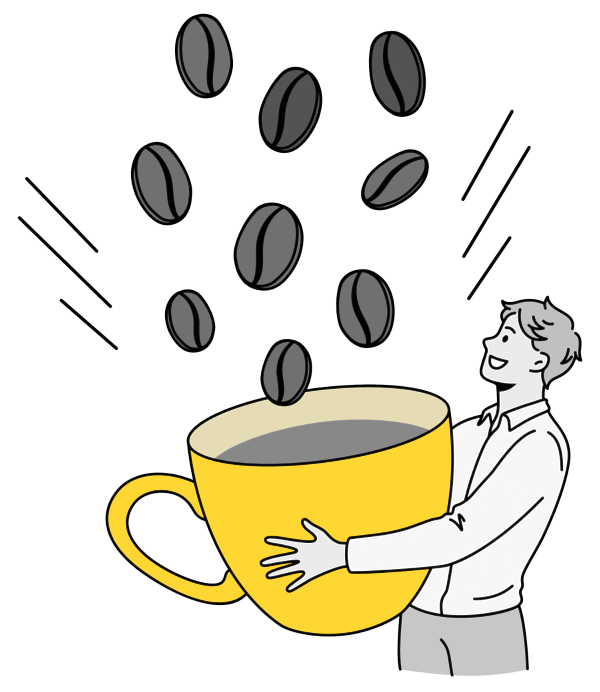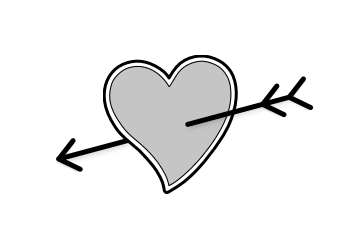The United States is an extremely caffeinated country. The most recent estimates count close to 70,000 coffee and snack shops in the U.S. alone. And while it's an impressive number, we're not even the most caffeinated. Technically. Our love of milk, sugar and flavor pumps means nations like Finland, Norway and Denmark actually consume more caffeine when they take it black. It's probably necessary to help pass the long polar night, up north, right?

American coffee consumption increased during the pandemic, with more in-home brewing, and a younger population of consumers popping pods for the first time. The National Coffee Association found that coffee reached record-high popularity with 18-24 year olds, with 51% having drank coffee in the past day. In the northeast, 72% of those aged 18+ had a coffee in the last 24 hours.
And what's not to love? We need a legal energy boost, and for many the process of brewing, sipping and easing into the day's responsibilities is a welcome routine. And then you refill. Perhaps a quick cup at 2:30 in the afternoon since a few urgent emails are in need of responses? Then all of a sudden that's three cups down and the mounting milligrams of caffeine are mixing with your rising stress levels, causing your left knee to bounce while you hunt down the perfect LoFi Spotify playlist just to respond to a single Slack. No? Just me?
If you've reached a brewing point and want to slowly remove the stimulant surging through your veins, consider cutting back. Now, I'm not talking about cutting it out or detoxing completely. There are half-caff options, or maybe you only do caffeine with your morning cups. After noon, consider reaching for caffeine-free coffee, teas and soda. I've been doing it for the past few months and there are serious benefits to slowly cutting back on your caffeine intake. Just to name a few ...
Advertisement
Reduced Anxiety
Did I mention feeling anxious? I feel like I covered it. Feeling a little self conscious now? Sorry. The boost from caffeine can act as a catalyst for folks already dealing with anxiety. Cutting back the daily serving will ease those jitters.
Better Nutrition
While not rendering that daily vitamin useless, yes, caffeine will hinder how your body absorbs necessary nutrients like magnesium, iron and vitamin B. The less stimulants in your system, the better your body will be.
Shinier Smile
If you can't brush between brews, there's a good chance the extra coffee is browning out your teeth at a much higher rate than if you stopped after the second cup. Not to mention the breath that comes with it.
Skin Improvements
Caffeine causes blood vessels to constrict, which can lead to premature wrinkles. Let's not speed that natural process up.
Lower Blood Pressure
That caffeine spike that gives us the brief euphoria needed to join a Zoom call is the same spike temporarily increasing your heart rate. Best to consult a doctor, not an independent lifestyle magazine though if you're worried.
Advertisement
For those addicted to the routine as much as the bean, there are alternatives if cutting back is on the list of 2023 resolutions. Warm lemon water is calorie-free and includes vitamin C. Matcha has been associated with weight loss thanks to all the antioxidants and green tea is half the caffeine of its darker counterpart.
If you're looking to cut back, cold turkey might not be the best method. Remember, caffeine is a drug and, like any drug, you can build up a tolerance—and experience comedowns. Over time, you might find that you need an increasingly large hit to get some kick, but a cup less per day could benefit your overall health if this winter has you relying more on caffeine than usual. If not, sip happens, but you owe it to your body to see if less caffeine has you feeling healthier and refreshed.
Hit the Reset Button

The real beauty of cutting back is that once you bring down the amount your body is used to, you’ll become sensitive to its benefits again. That means a shot of espresso will be able to offer a tangible, functional performance boost to body and mind.
Advertisement
































